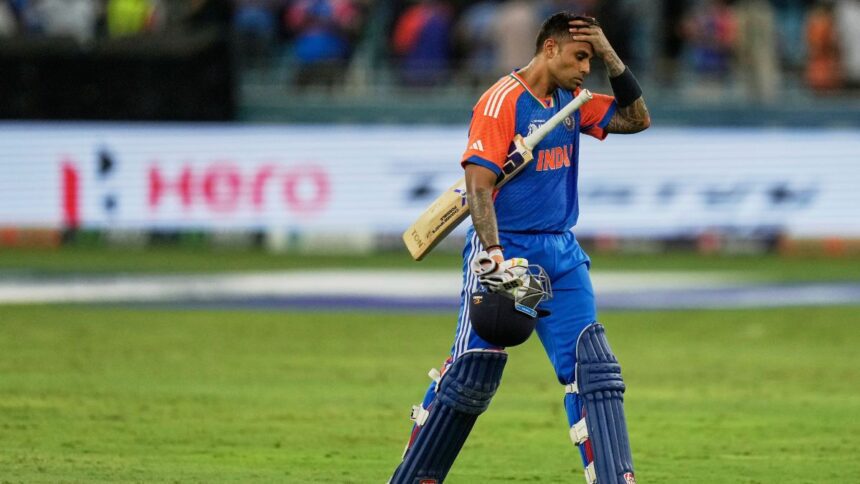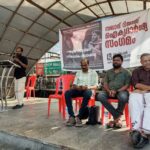India’s Controversial Post-Match Gesture Against Pakistan: A Stand in Solidarity
In a highly charged atmosphere during the Asia Cup clash between India and Pakistan, India’s cricket captain Suryakumar Yadav made headlines not just for leading his team to victory but also for a significant gesture after the match. Following India’s seven-wicket win, Yadav, along with teammate Shivam Dube, walked off the field without shaking hands with the Pakistan players, a move that sparked widespread discussion regarding sportsmanship and national sentiment.
The Context of the Gesture
The decision not to engage in the customary handshake was rooted in a response to a recent tragic event—the Pahalgam terror attack, which claimed the lives of several innocent civilians. In the post-match press conference, Yadav elaborated on the gesture, emphasizing that the team stands in solidarity with the victims’ families and the armed forces involved in addressing such terrorism.
“We feel that some issues transcend sportsmanship,” Yadav stated. He articulated the team’s resolve to represent not only their nation but also support for those affected by violence in the region.
Dedication to the Armed Forces
In addition to discussing the no-handshake stance, Yadav dedicated India’s victory to the armed forces. He expressed hope that their bravery would continue to inspire the team and the nation. “We stand by the families of the victims of the Pahalgam terror attack. Our win is a tribute to the brave armed forces fighting for our security,” Yadav said during the post-match presentation.
This gesture aligns with national sentiments, particularly in a country where sports often serve as informal diplomacy. The emotional resonance of such actions strikes a chord with the public and boundary lines of the cricketing pitch often reflect larger geopolitical tensions.
Call for Boycott and the Government’s Stance
Prior to the match, there had been trending calls for India to boycott the fixture against Pakistan. These sentiments were amplified by the prevailing political climate, particularly with regard to cross-border terrorism. However, the Indian government clarified its position, allowing Indian teams to compete against Pakistan in multilateral events while maintaining a ban on bilateral fixtures.
The Sports Ministry’s statement underlined that while India remains open for multilateral competitions, they would ensure that strict guidelines govern the participation of Pakistani teams in India and vice versa. This stance reflects a careful balancing act—preserving the competitive spirit of cricket while navigating the complex socio-political landscape.
Public Reaction and Reflection
The incident has garnered mixed reactions. Supporters of Yadav’s stance believe it was a necessary act of solidarity, while others lament the departure from traditional sportsmanship values. Cricket, a much-loved sport in both nations, often serves as a platform for larger narratives. Consequently, actions taken during matches can lead to heated debates about patriotism, unity, and the impact of sports on national identity.
As the dust settles after this significant encounter, the broader implications of Yadav’s gesture will likely continue to be discussed. It invites a reflection on how sports intersect with national sentiment, particularly when representing a country that has faced its share of challenges.
Conclusion
In times of distress, where political tensions run high, sports can serve as both a unifier and a divider. Yadav’s leadership on and off the field during this match underscores the complex nature of contemporary sports, where every gesture may carry more weight than victories alone. As discussions around sportsmanship and national solidarity evolve, it is essential to recognize the powerful role that athletes can play in shaping public sentiment and national identity.










